Keywords: World Political Authority
-
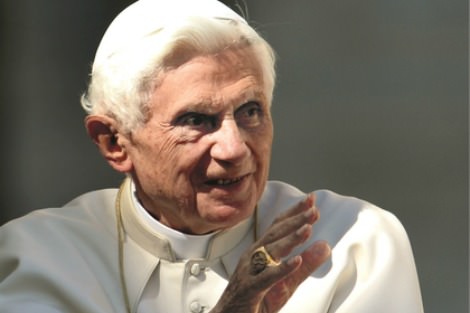
RELIGION
- Andrew Hamilton
- 08 February 2017
18 Comments
The inflated image I once had of Cardinal Ratzinger, and that many Catholics have of cardinals and other authority figures, was shaped by fear. Fear hands over to the human beings behind the image a power they do not possess. Conversations always turn to them and inhibit the free and constructive living of faith. In helping to demystify such images Last Testament, the autobiography (written with Peter Seewald) of Pope Benedict XVI, serves us well.
READ MORE 
-
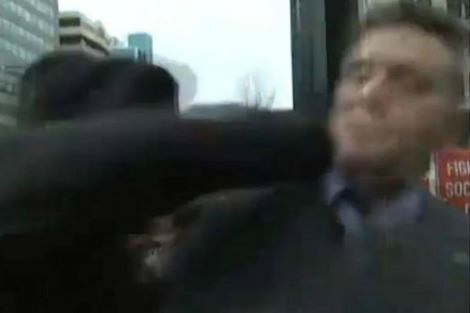
AUSTRALIA
- Ann Deslandes
- 06 February 2017
7 Comments
The recent viral footage of 'alt-right' spokesperson Richard Spencer taking a punch to the chops caused considerable debate. There is no doubting the moral clarity that non-violent resistance achieved in the civil rights movement led by Martin Luther King and the Indian independence movement led by Mahatma Gandhi, and the real result of justice for African American and Indian people. When it comes to the odd individual act of public pushing and shoving, though, asking 'Is it okay?' is a red herring.
READ MORE 
-
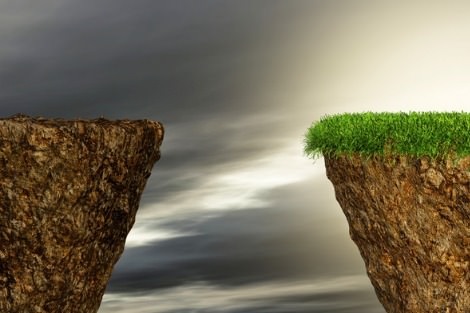
ENVIRONMENT
- Greg Foyster
- 02 February 2017
10 Comments
If climate change were a short-term problem, polarisation wouldn't be so crippling. One side could push a solution through parliament, and by the time the other side took power it might be a non-issue. But climate change is an extraordinarily long-term problem that requires massive investment in new infrastructure and consistent policy settings over decades. It needs a supermajority of support so years of work isn't undone with each change of government. That means getting conservatives on board.
READ MORE 
-

ARTS AND CULTURE
- Andrew Hamilton
- 15 November 2016
8 Comments
Climactic events demand we give an account of ourselves. Where were you when you heard that JFK was assassinated? Where were you when the planes went into the World Trade Centre? If we can't remember, we fear we may convict ourselves of reprehensible levity. In future years when I am asked what I was doing when Donald Trump was elected President, I shall have a ready answer: I was reading Brian Matthews' splendid reflection on Richie Benaud.
READ MORE 
-

AUSTRALIA
- Frank Brennan
- 13 October 2016
2 Comments
With idealism and pragmatism, I invite you criminal lawyers in the next 30 years to imagine and enact a better criminal justice system which alleviates rather than exacerbates the devastating effects of colonisation and marginalisation on Indigenous Peoples, and most particularly their children. An intelligently designed criminal justice system must help secure the foothold of Indigenous children in both the Market and the Dreaming.
READ MORE
-

RELIGION
- Frank Brennan
- 23 September 2016
18 Comments
'No good will be served by a royal commission auspiced by the state telling a Church how it judges or complies with its theological doctrines and distinctive moral teachings. By all means, set universal standards of practice expected of all institutions dealing with children, but do not trespass on the holy ground of religious belief and practice.' Fr Frank Brennan SJ addresses the Freedom for Faith Conference in Melbourne, 23 September 2016.
READ MORE
-

AUSTRALIA
- Bronwyn Lay
- 09 September 2016
17 Comments
When I read this week that Tony Abbott and John Howard will hear no talk of a Treaty with Aboriginal Australia, my first thought was 'Who listens to these blokes from ancient political history?' Abbott conceded that it is important to recognise Indigenous Australians were here first, 'But once it goes beyond that I think you open up all sorts of other things.' That is true, and those other things to be opened up are incredibly legally exciting and relevant to our times.
READ MORE 
-
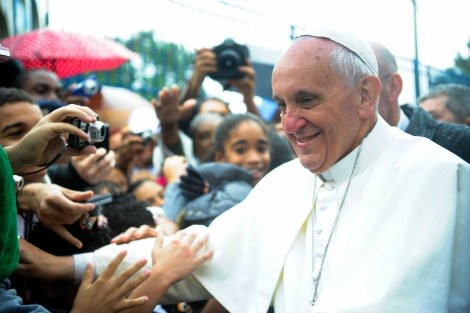
RELIGION
- Andrew Hamilton
- 08 September 2016
7 Comments
Popes are politically significant because they lead a large international church that is present in many nations. The teaching, interests and opinions of popes affect the way bishops and priests act, and so influence Catholic attitudes. More recently, popes have also become celebrities. Their influence on public opinion, in wider society and in the Church, is increasingly personal. As a result the way individual popes understand and express their faith will shape the possibilities for their political influence.
READ MORE 
-
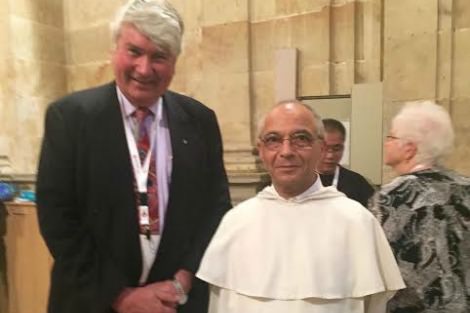
INTERNATIONAL
- Frank Brennan
- 05 September 2016
1 Comment
'I am a Jesuit amongst Dominicans contemplating the Church's view of human rights. I am a human rights practitioner rather than a theologian, aware that human rights discourse is increasingly more universal and secular. Contemplating, preaching and enacting human rights in the 21st Century Church and World, I come asking two questions.' Frank Brennan's keynote presentation in Salamanca Spain to the International Congress of Dominicans in the Promotion and Defence of Human Rights: Past, Present, Future on the occasion of their 800th anniversary.
READ MORE
-
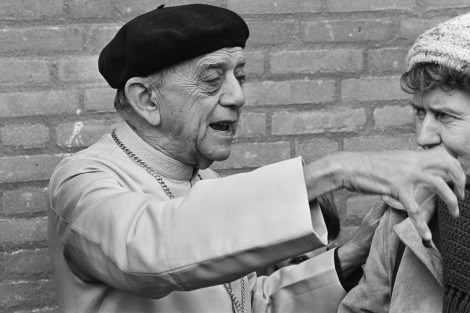
RELIGION
- Ann Deslandes
- 02 September 2016
19 Comments
Many Brazilians remember the 'Red Bishop' as much more than a defender of human rights. For these people, Helder Camara is included reverently in the litany of rogues who drew the ire of church and state authorities by demanding both do a better job of embodying a message of social justice. It was a powerful idea to grow up with: that this imposing and defining institution I had been born and baptised into contained a rebellious truth that often demanded we go against the institution's own grain.
READ MORE 
-
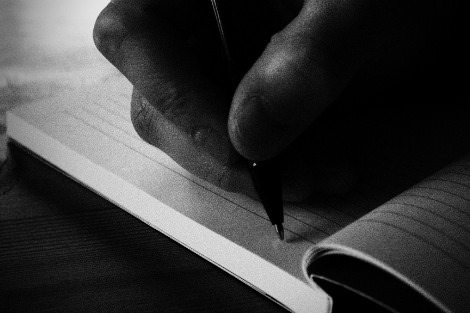
AUSTRALIA
- Shira Sebban
- 15 August 2016
14 Comments
Sobs rack his body. Under the Fast Track Assessment process being used to clear the backlog of protection claims, the nondescript official sitting opposite him, or one of his colleagues, will most likely be the one to decide his fate. 'Should you be found not to engage Australia's protection obligations, the government may share your biographical details with the authorities of your country of origin,' the official intones. 'If you give them information about me I will be killed,' comes the chilling reply.
READ MORE 
-
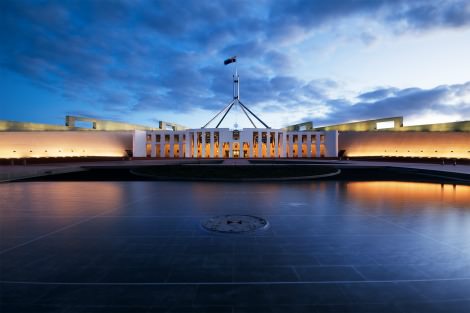
RELIGION
- Andrew Hamilton
- 30 June 2016
8 Comments
During the campaign neither of the major parties addressed seriously the major challenges facing Australia: climate change, inequality and the forced movement of peoples. That makes it inevitable that following this election, sovereignty, mandates and other weighty words will continue to dominate public conversation. They usually function as political knives to cut through the messiness of our democratic order. But they also carry a theological weight that may illuminate our present condition.
READ MORE 